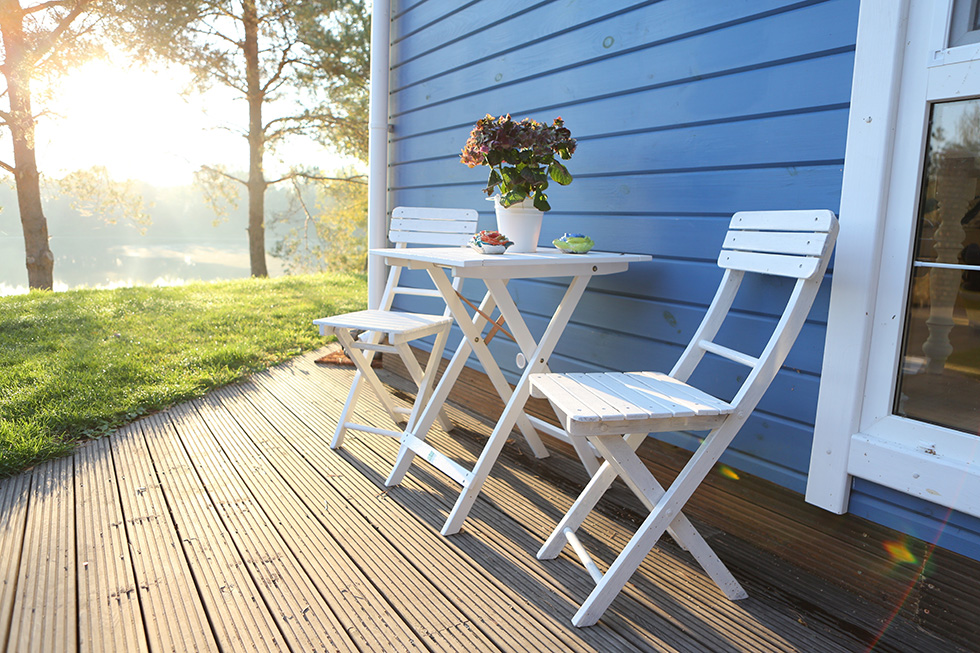BUYING A SECOND HOME?
17
NOVEMBER, 2021
Second Homes
Finances
Renting
An influx of second-home buyers in 2021 continues the boom from the previous year. That five-year plan to buy a bolt hole by the sea or in the countryside has come forward considerably for many buyers.
With many people released from the daily commute, thanks to more flexible working, families are looking for the perfect second home for weekends and longer breaks.
The option to rent the property out and make a little extra cash is an attractive and lucrative perk.
Even before the pandemic, UK holiday home owners were able to charge for a week what you might expect to pay for a private villa with a pool in Greece if they had a place in a desirable location such as Devon or Cornwall.
Rental rates have gone through the roof since the pandemic with many families taking staycations. This trend could continue even with the restrictions lifted on much overseas travel now.

One measure of the boom has been an increase in the number of transactions liable for the second home 3% stamp duty surcharge.
It hit a new high of 84,700 in the second quarter of this year, dropping slightly to 70,000 in the third quarter[1].
The demand is set to continue with a recent report[2] suggesting that one in ten UK adults between the ages of 35 and 45 has made plans to buy an investment property in the next 12 months.
The practicalities
While the idea of a gorgeous bolthole (and potential money-maker) is compelling, there are many financial matters to ponder. Firstly, there’s the 3% stamp duty surcharge when buying an additional home, which is charged on top of standard stamp duty tax.
For a £500,000 property, a second homeowner would pay a total of £30,000 with the 3% added.
Unless you’re a cash buyer, there’s also the mortgage to consider. You will need a deposit of at least 15% and if you already have a mortgage on your primary home, you will have to meet affordability requirements to take out a loan on your new purchase.
Once you buy the property, remember that you will be to pay a second set of bills such as council tax, water, insurance and energy bills, not to mention the extra costs to maintain it and redecorate where necessary.
When you have got your head round the finances, you’ll want to find somewhere that will grow in value, be accessible and, last but not least, be the kind of place you and other holidaymakers will enjoy visiting time and again.
“Landlords must also brace themselves for maintenance costs and times when their rental property is empty.”
Considering being a landlord?
Investing in a buy-to-let property is still a compelling option for some investors. It’s essential to buy in the right area where the yield is right – and where there’s enough demand.
Many landlords suffered during the pandemic as tenants who suffered a loss of income needed payment holidays from rent. Others ending their tenancies to move back in with family, leaving many properties empty.
Now that life is returning to a more normal state, city-centre rents that dropped during the pandemic are rebounding and landlords are feeling more positive about the market.
A survey of 600 landlords[3], revealed that the proportion of landlords feeling optimistic is the highest it has been for five years.
If you plan to rent the new place out as a buy-to-let property you have to take out a specialist buy-to-let mortgage and your deposit should be at least 25%.
Landlords must also brace themselves for maintenance costs and times when their rental property is empty.


Want to know more?
Having a professional mortgage adviser can help as second home mortgages can be more complicated than getting a standard home loan, depending on how you’re going to use the place. It can also help to have someone to crunch the numbers on expected costs – and returns – and consider your wider financial situation.
Don’t forget that if you decide to sell a second home further down the line, if its value has increased since you bought it you might have to pay capital gains tax.
Your home may be repossessed if you do not keep up repayments on a mortgage. The firm is not responsible for the content of external links.
Source:
[1] https://www.gov.uk/government/statistics/quarterly-stamp-duty-land-tax-sdlt-statistics/quarterly-stamp-duty-land-tax-statistics-commentary
[2] https://www.aviva.co.uk/aviva-edit/in-the-news-articles/how-we-live-2/
[3] https://www.paragonbankinggroup.co.uk/news/news-releases/landlord-confidence-hits-five-year-high
PROVIDING NEWS AND VIEWS TO SUIT ALL NEEDS
This Blog is published and provided for informational purposes only. The information in the Blog constitutes the author’s own opinions. None of the information contained in the Blog constitutes a recommendation that any particular investment strategy is suitable for any specific person.

